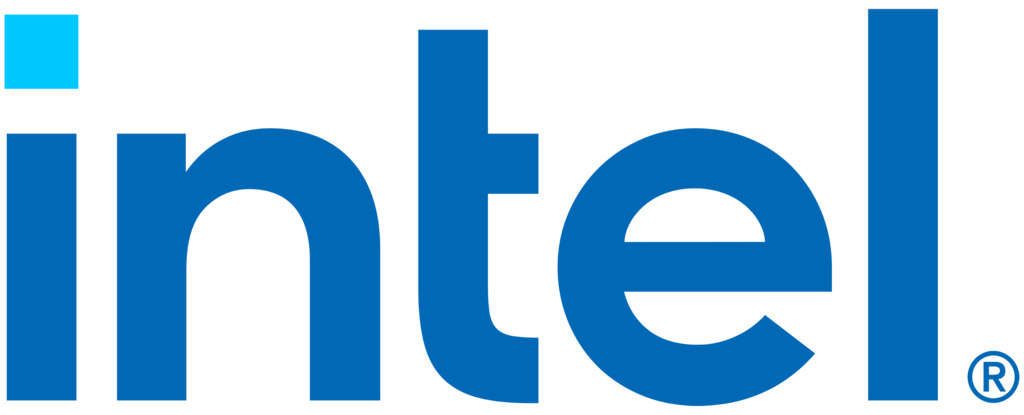As part of its turnaround plan, Intel intends to allow other chip firms, especially those involved in the mobile phone industry, to use its factories.
In an effort to address the challenge posed by competitors like Taiwan Semiconductor Manufacturing Co Ltd, which has taken the lead in producing chips for major players like Apple Inc., Intel plans to broaden its customer base by providing its advanced manufacturing capabilities to other chip firms.
As a result of losing its manufacturing edge to competitors, Intel has had to rethink its strategy, which now involves opening up its factories to other chip companies, with a particular focus on those in the mobile phone industry. Intel was once a dominant force in central processing units (CPUs), but the company’s manufacturing superiority has been weakened by its rivals.
“There is growing demand for computing power driven by the digitization of everything, but until now … customers have had limited options for designing around the most advanced mobile technology,” said Pat Gelsinger, Intel’s chief executive.
Owned by Japanese technology investor SoftBank Group Corp, Arm is a significant provider of intellectual property to numerous chip firms, particularly in the mobile phone industry. Arm collaborates with leading chip contract manufacturers to guarantee the compatibility of its designs with their manufacturing processes.
By teaming up, Intel and Arm will enable the production of Arm’s technology in Intel’s factories, offering customers additional options for designing around cutting-edge mobile technology. The collaboration is anticipated to be beneficial to both firms, as Intel aims to broaden its customer base and Arm strives to expand the scope of its intellectual property.
Intel has already disclosed its intention to collaborate with Qualcomm Inc, a significant participant in the mobile phone industry, to develop future chips utilizing its factories. The partnership with Arm is another measure in Intel’s efforts to reclaim its position as a dominant player in the chip industry.



